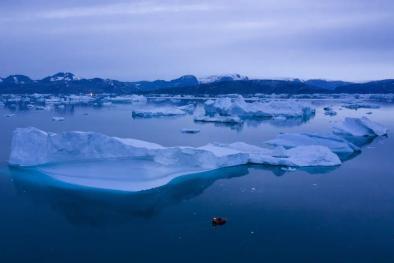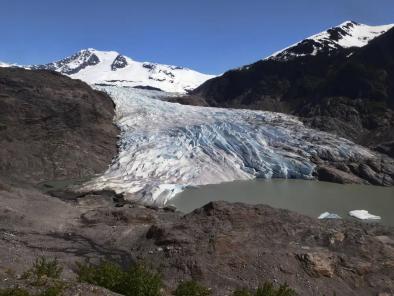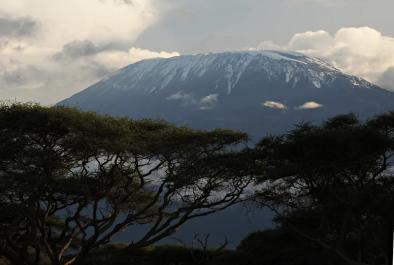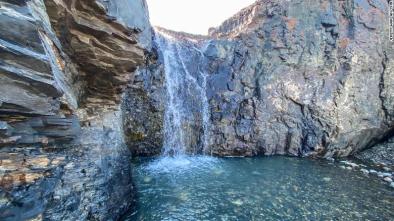Arctic Report Card Says We Are Failing The Arctic
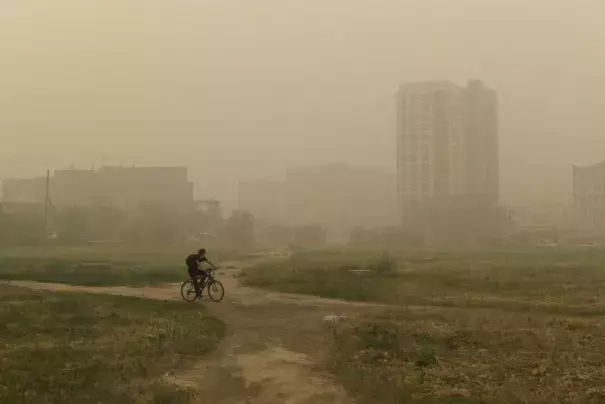
The Siberian town of Verkhoyansk hit temperatures above 100°F on June 20, 2020, breaking the record for the highest Arctic temperature on record the World Meteorological Organization has confirmed. The announcement comes as NOAA's 16th-annual Arctic Report Card warned, as the NOAA administrator told reporters, heating "trends are consistent, alarming and undeniable." Some of the bad news is relatively expected, if still terrifying: the region's oldest ice is melting and Greenland is losing an average of about 280 billion metric tons of ice every year. Some of the news is more surprising: beavers are moving into melting tundra, and their ponds are accelerating permafrost thaw. Climate change, primarily caused by the extraction and combustion of fossil fuels, is heating the planet, but the effects are even more extreme in polar regions. The high temperatures are also fueling wildfires, which in turn pump massive amounts of planet-heating CO2 into the atmosphere while thawing soils release even more potent planet-heating methane. Melting Arctic ice also means increased maritime travel, leading to more trash in previously frozen-over waters.
(Heat record: AP, Washington Post $, Bloomberg $, USA Today, E&E News, The Hill; Report card: Washington Post $, AP, The Conversation, Politico Pro $, CNN, The Globe and Mail; Trash: Reuters, Gizmodo; Commentary: The Hill, Gabrielle Dreyfus, Rafe Pomerance, and Daniel Bodansky op-ed; Climate Signals background: Sea ice decline, Glacier and Ice sheet melt, Polar amplification, Extreme heat and heatwaves, Wildfires)
To receive climate stories like this in your inbox daily click here to sign up for the Hot News Newsletter from Climate Nexus:
Related Content
